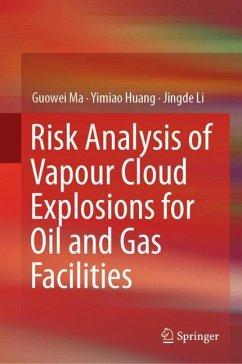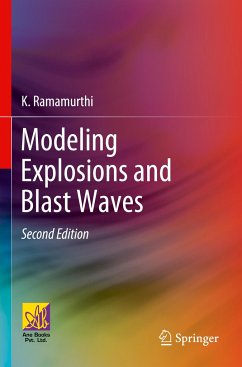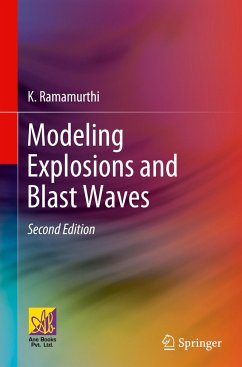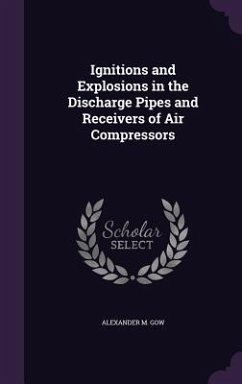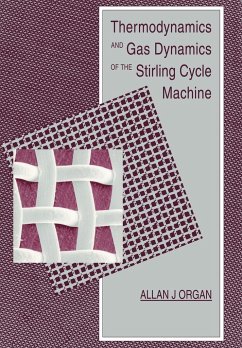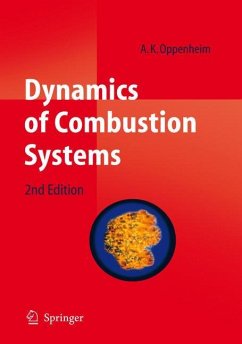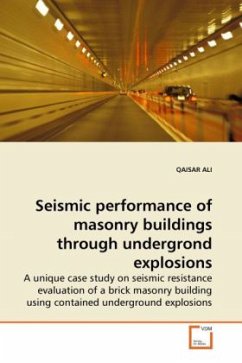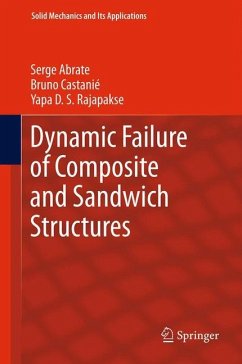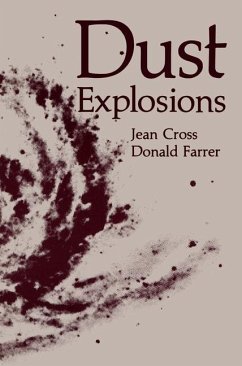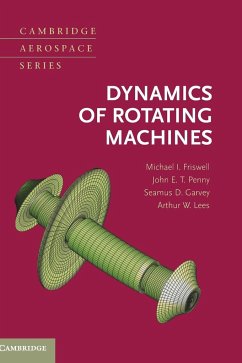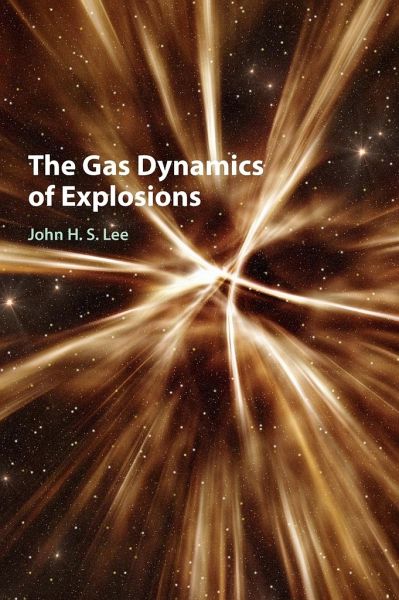
The Gas Dynamics of Explosions
Versandkostenfrei!
Versandfertig in 1-2 Wochen
143,99 €
inkl. MwSt.
Weitere Ausgaben:

PAYBACK Punkte
72 °P sammeln!
Explosions, and the non-steady shock propagation associated with them, continue to interest researchers working in different fields of physics and engineering (such as astrophysics and fusion). Based on the author's course in shock dynamics, this book describes the various analytical methods developed to determine non-steady shock propagation. These methods offer a simple alternative to the direct numerical integration of the Euler equations and offer a better insight into the physics of the problem. Professor Lee presents the subject systematically and in a style that is accessible to graduat...
Explosions, and the non-steady shock propagation associated with them, continue to interest researchers working in different fields of physics and engineering (such as astrophysics and fusion). Based on the author's course in shock dynamics, this book describes the various analytical methods developed to determine non-steady shock propagation. These methods offer a simple alternative to the direct numerical integration of the Euler equations and offer a better insight into the physics of the problem. Professor Lee presents the subject systematically and in a style that is accessible to graduate students and researchers working in shock dynamics, combustion, high-speed aerodynamics, propulsion and related topics.





